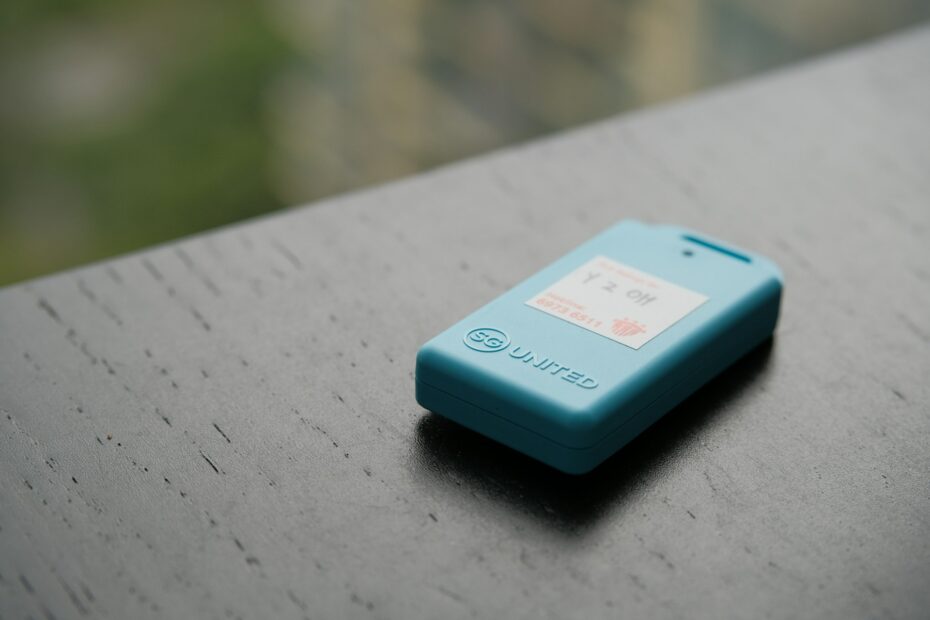Key Insights
- The TraceTogether app blends citizen science and democratic participation but centralizes data control, shifting trust dynamics toward government authority.
- Its popularity reflects acceptance of technological solutions for public health but raises concerns about privacy and the balance between innovation and ethical considerations.
- The study underscores how such apps influence civic behavior and trust in institutions during crises, prompting critical reflection on the societal implications of technology in public health emergencies.
Imagine a smartphone app that helps fight pandemics by anonymously tracking potential virus exposure. Sounds helpful, right? But what if it raises concerns about privacy and government control? This is the dilemma explored in the study of Singapore’s TraceTogether app.
Citizen Science vs. Centralized Control: TraceTogether uses Bluetooth to alert users if they’ve been near someone who tests positive for COVID-19. While its features like open-source code promote transparency, the data ultimately goes to the government. This central control, the researchers argue, shifts trust from communities to authorities.

What did the study find?
- Citizen Science Appeal: The app uses language of “citizen science” and “participation,” but the data belongs to the government, raising questions about true empowerment.
- Public Support: Despite privacy concerns, many Singaporeans supported TraceTogether, highlighting the complex relationship between technology, public health, and democracy.
- Open-Source Paradox: The app’s open-source code aimed for trust, but it also linked it to broader movements emphasizing transparency, which might conflict with centralized control.

The Big Picture
This study reminds us that pandemic responses using technology come with trade-offs. While tools like TraceTogether can be effective, they can also impact how citizens interact with their government and raise concerns about individual rights.
So, what’s next?
This research encourages us to have open discussions about the ethical implications of technology in public health. We need to find ways to leverage its benefits while protecting privacy and democratic values. After all, fighting pandemics shouldn’t come at the cost of our freedoms.
Reference
Hallam Stevens & Monamie Bhadra Haines (2020) TraceTogether: Pandemic Response, Democracy, and Technology, East Asian Science, Technology and Society: An International Journal, 14:3, 523-532, DOI: 10.1215/18752160-8698301
Image credits: Max Oh
Enjoyed this blog piece? Share it with your friends or leave your thoughts and comments below!
